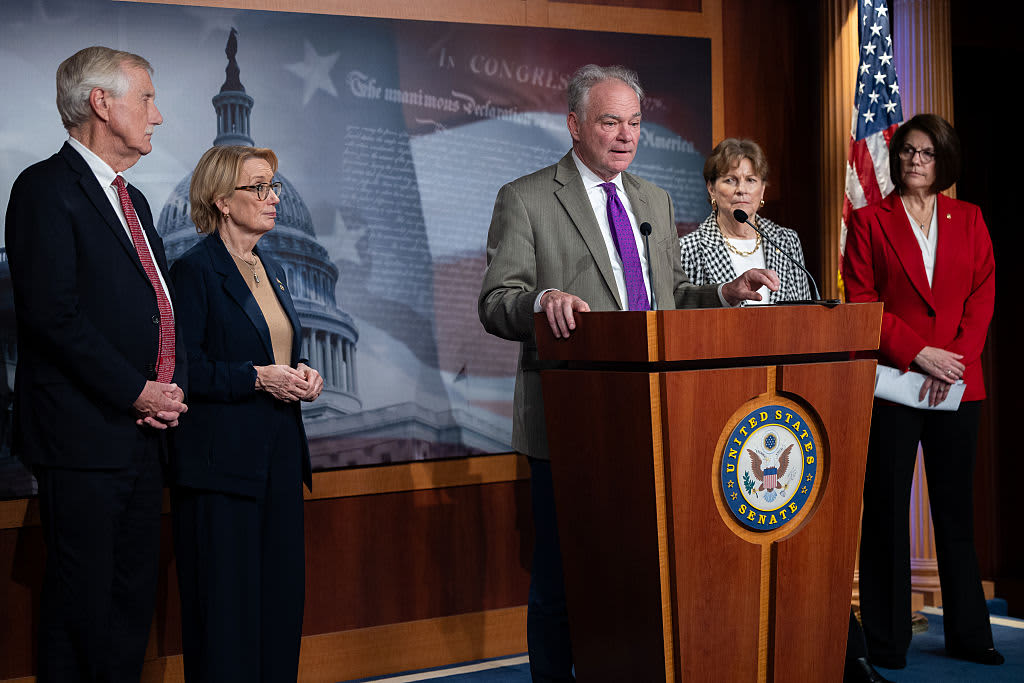BEIJING: Chinese Premier Li Qiang warned of negative consequences for the world if nations parted ways economically, while hitting back at criticism that his nation’s industrial policy has led to overcapacity.
The “regressive actions of decoupling” would only “drag the world into a destructive spiral where the fierce competition for a larger slice ends up in a diminishing pie.
“This is something we do not want to see,” Li said at at the World Economic Forum’s meeting yesterday in the northeastern city of Dalian.
Li also mounted a defense of his nation against claims it is dumping cheap goods on the world economy, touting its prowess in science and technology for building “a broad stage for enterprises to pursue innovation and upgrade their products.”
“Exploration should not be seen as a zero-sum game,” he added.
The remarks come as Canada moved to clamp down on imports of Chinese-made electric vehicles (EVs), aligning itself with the Biden administration on trade.
The White House last month unveiled plans to nearly quadruple US tariffs on Chinese-manufactured EVs, up to a final rate of 102.5%, while the European Union (EU) also plans to increase tariffs, taking those levies as high as 48% on some EVs.
China has suggested there may be benefits for Germany if the EU backs off on its plan.
It has floated lowering its existing tariffs on large-engine cars in return for scrapping the planned EV levies, according to people familiar with the discussions.
Li’s comments came a day after Chinese leader Xi Jinping called on China to step up innovation because other countries dominate certain key technologies, remarks that underscored his nation’s escalating semiconductor confrontation with the United States.
Speaking at a national science conference, Xi pointed to “bottlenecks and constraints in areas such as integrated circuits, industrial machine tools, basic software, advanced materials” and more.
Li also sounded a note of optimism on China’s economy despite a prolonged property slump, weak consumer confidence and rising local government debt.
“We are confident and capable in achieving the growth target of about 5% for this year,” he said, referring to a goal set earlier this year.
The three-day World Economic Forum meeting has attracted global business executives and world leaders, including Polish President Andrzej Duda and Vietnamese Prime Minister Pham Minh Chinh, who are also to speak at the forum.
It comes before a major meeting of the ruling Communist Party in July that could unveil reforms to jump start the sluggish economy. — Bloomberg

